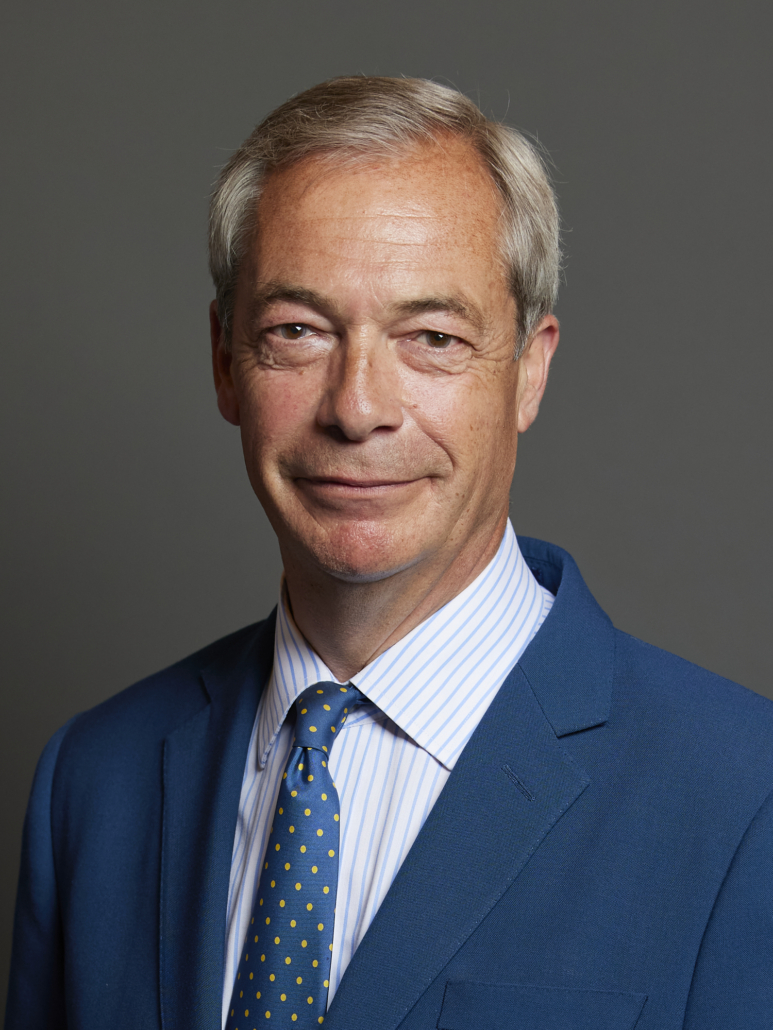Comprehensive Political Profile, Biography & Legacy
Discover the full Nigel Farage biography, detailing his early life in Kent, meteoric rise through UKIP, pivotal role in the Brexit campaign, and leadership of Reform UK. Explore Nigel Farage’s political ideology, media career, controversies, and enduring influence on British politics, sovereignty debates, and Euroscepticism.
Early Life and Education
Nigel Paul Farage was born on 3 April 1964 in Farnborough, Kent, England, the eldest of four children of Barbara (née Stevens) and Guy Justus Oscar Farage. His father, a City of London stockbroker, left the family home when Nigel was five due to alcoholism but later returned to finance after recovery. Farage was educated at Dulwich College, a private boys’ school in London, where he displayed early flair for debate and public speaking.
Early Career & Entry into Politics
After leaving school, Farage worked briefly in commodities trading at the London Metal Exchange but grew disillusioned with the financial sector. Influenced by rising Euroscepticism, he joined the Anti-Federalist League in 1992 and helped found the UK Independence Party (UKIP) in 1993. He served as UKIP’s first chairman from 1998 to 2000, then as party leader from 2006 to 2009 and again from 2010 to 2016, transforming UKIP into the UK’s foremost voice against EU federalism.
European Parliament & Eurosceptic Leadership
Farage was elected as a Member of the European Parliament (MEP) for South East England in 1999 and held that seat until the UK’s EU withdrawal in 2020. Under his leadership, UKIP surged to second place in the 2009 European elections and topped the UK poll in 2014, applying decisive pressure that led Prime Minister David Cameron to promise the 2016 EU membership referendum.
The Brexit Campaign & Founding of the Brexit Party
A prominent figure in the Leave campaign, Farage leveraged his media savvy and populist appeal to galvanise voters around national sovereignty, free trade, and controlled immigration. After the 2016 referendum victory, he resigned as UKIP leader but soon grew critical of Theresa May’s slow Article 50 implementation. In February 2019, he co-founded the Brexit Party (rebranded as Reform UK in 2021), which went on to win the most UK votes in the 2019 European Parliament elections, further hastening the departure from the EU.
Leadership of Reform UK & Parliamentary Career
In July 2019, Farage stepped down as Brexit Party leader, becoming its honorary president, but returned to frontline politics in 2024 as Reform UK’s leader and won the newly created Clacton constituency with an 18.3% majority. His strategic vision emphasises reforming public services, championing entrepreneurial freedom, and challenging the Conservative Party’s traditional dominance of the right.
Media & Broadcasting
- LBC Radio (2017–2020): Hosted The Nigel Farage Show, driving his populist message directly to listeners and sparking Ofcom investigations that ultimately cleared him of broadcasting code breaches.
- Fox News (2017–present): Serves as a commentator and analyst, where his transatlantic rapport with figures like Donald Trump underscores his influence among global right-wing audiences.
Political Ideology & Public Image
Farage’s brand of British right-wing populism marries fierce Euroscepticism with calls for deregulation, fiscal conservatism, and controlled immigration. He champions the primacy of the nation-state over supranational bodies and frames political debates around “ordinary people vs. the elite.” His theatrical flair—sharp suits, biting wit, and social-media engagement—has cemented his reputation as both a kingmaker and a polarising provocateur.
Controversies & Criticisms
- Milkshake Incident (2019): A protester threw a milkshake at him during an EU election rally, symbolising public ire at his rhetoric; he later sued successfully for damages.
- Accusations of Xenophobia: Critics accuse him of stoking anti-immigrant sentiment; he disputes these claims, framing his position as common-sense immigration control.
- Corporate Structure of Reform UK: Unlike traditional UK parties, Reform UK is a limited company; Farage’s majority shareholding (60% as of August 2024) grants him unique control, drawing both praise for decisive leadership and criticism for opacity.
Legacy & Influence
Farage has reshaped British politics by mainstreaming Euroscepticism, toppling long-standing party loyalties, and redefining populist communication. He was named “Briton of the Year” by The Times in 2014 and topped the New Statesman Right Power List in 2023 as “the most influential person on the British right.” His ongoing leadership of Reform UK positions him as a pivotal figure in Britain’s post-Brexit realignment, with the potential to either supplant the Conservative Party or reshape its policy agenda from the right.
